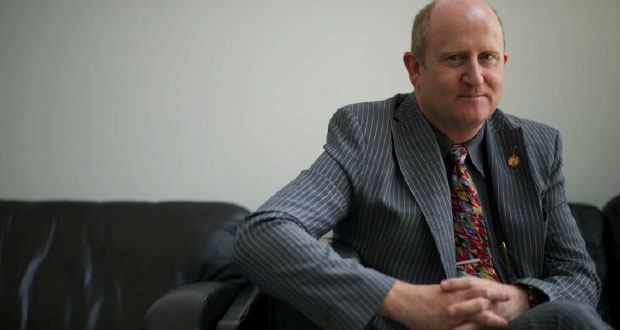BMA Demands Healthcare Plan Detail
 The Government must show leadership and spell out the detail of how health and social care reform will be achieved, the BMA has demanded.
The Government must show leadership and spell out the detail of how health and social care reform will be achieved, the BMA has demanded.
BMA Scotland chair Peter Bennie said that the health service was facing real challenges, including recruitment and retention of doctors, against a background of rising demand and tightening resources.
He was speaking as the Scottish Government published its Health and Social Care Delivery Plan, backed by £128m of funding for 2017/18.
According to health secretary Shona Robison, the plan puts actions and timescales to an already agreed direction of travel, and recognises the need to ‘up the pace of change’.
It was published in response to an Audit Scotland report which said that progress in transforming and integrating health and social care services in Scotland wasn’t happening fast enough.
But Dr Bennie said more detail was needed. ‘The challenges facing Scotland’s health service are real and growing, as rapidly increasing demands coincide with a time of highly constrained resources.
‘Doctors and other healthcare professionals are therefore looking to our politicians to show leadership on how the NHS is to meet these challenges.
‘While the publication of this plan shows the broad direction that the Scottish Government wants health and social care to move in, its success or failure will depend on the details of how it is to be achieved and funded.’
Community services
Ms Robison said that the plan would mean a shift in the way that resources were allocated, with substantially more money going into community services in future years.
The plan also aspires to cutting unscheduled hospital bed days by 10 per cent (some 400,000 bed days) by 2018, using a ‘range of actions’ including improving links between primary, secondary and community care.
‘We want more services and more care delivered closer to home,’ Ms Robison said. ‘And when someone does require specialist care in hospital we want it to be delivered in a centre of real expertise that is underpinned by our unswerving commitment to patient safety.’
Ms Robison also removed some uncertainty about the future of Scotland’s 14 territorial health boards, which had been threatened with cuts or mergers.
‘While delivering these changes will require reforms to how boards work, and work with each other in partnership across disciplines and boundaries, we do not envisage our patient-facing boards being reduced in number, she said.
‘Instead we see our 14 territorial health boards, and NHS 24 and the Scottish Ambulance Service, focusing on delivering better care and health for local communities, and planning together for the most specialist care.’
Dr Bennie added: ‘We look forward to learning more about how these changes will be implemented and will engage fully with their development.’





